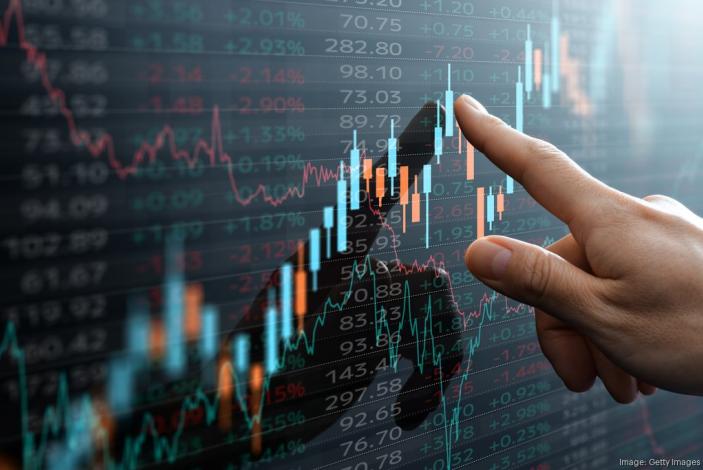
Understanding the price of fear: How war and disaster risks shape the stock market

Theories suggest that the fear of these disasters can lead to a "risk premium," essentially higher expected returns for investors willing to brave the uncertainty.
In a world where wars, pandemics and political crises loom large, understanding their impact on financial markets is more crucial than ever. The need for deeper understanding is what drove my colleagues and me to delve into how the mere prospect of these rare disasters influences stock market returns, offering insights that bridge economic theories with real-world investor behavior.
Rare disasters — events catastrophic yet infrequent — pose a unique challenge to financial economists. They're believed to be a key piece of the puzzle behind some of the stock market's biggest mysteries, like why stocks seem to offer higher returns than what traditional models would predict. Theories suggest that the fear of these disasters can lead to a "risk premium," essentially higher expected returns for investors willing to brave the uncertainty.

But how do you measure fear? Unlike common market indicators, the dread of disaster doesn't tick up and down neatly on a dashboard. Our approach? We turned to the news. By analyzing over 160 years of articles from The New York Times, we've developed a way to quantify how much attention investors are paying to the possibility of disasters at any given time. This novel method allows us to explore how shifts in perceived disaster risks correlate with stock market returns.
Our findings are striking. While discussions on various topics influence the market to some extent, it is the talk of war that shows the most consistent predictive power for future stock returns, both in the short and long terms. This suggests that war, more than other disasters, has a unique place in the collective investor psyche, potentially due to its profound and far-reaching economic impacts.
Moreover, the study we conducted challenges and refines existing theories. We find that the impact of war on the market is not just about the cold calculus of risk and return. It also reflects deep-seated human biases and fears — investors overreact to the possibility of war, driving up future returns as this mispricing corrects over time.
To ensure our findings weren't just statistical flukes, we employed rigorous tests, including placebo analyses and adjustments for multiple hypothesis testing. The result? The predictive power of war attention in the news stands firm, offering a robust new tool for understanding market dynamics.
In essence, our research illuminates how the shadow of rare disasters, especially war, looms over financial markets. It is a reminder that in the world of investing, the stories we tell about the future — captured in the day's headlines — can be just as influential as the hard numbers of today's financial reports.
For more information on this research: see War Discourse and the Cross-Section of Expected Stock Returns and War Discourse and Disaster Premia: 160 Years of Evidence from Stock and Bond Markets.